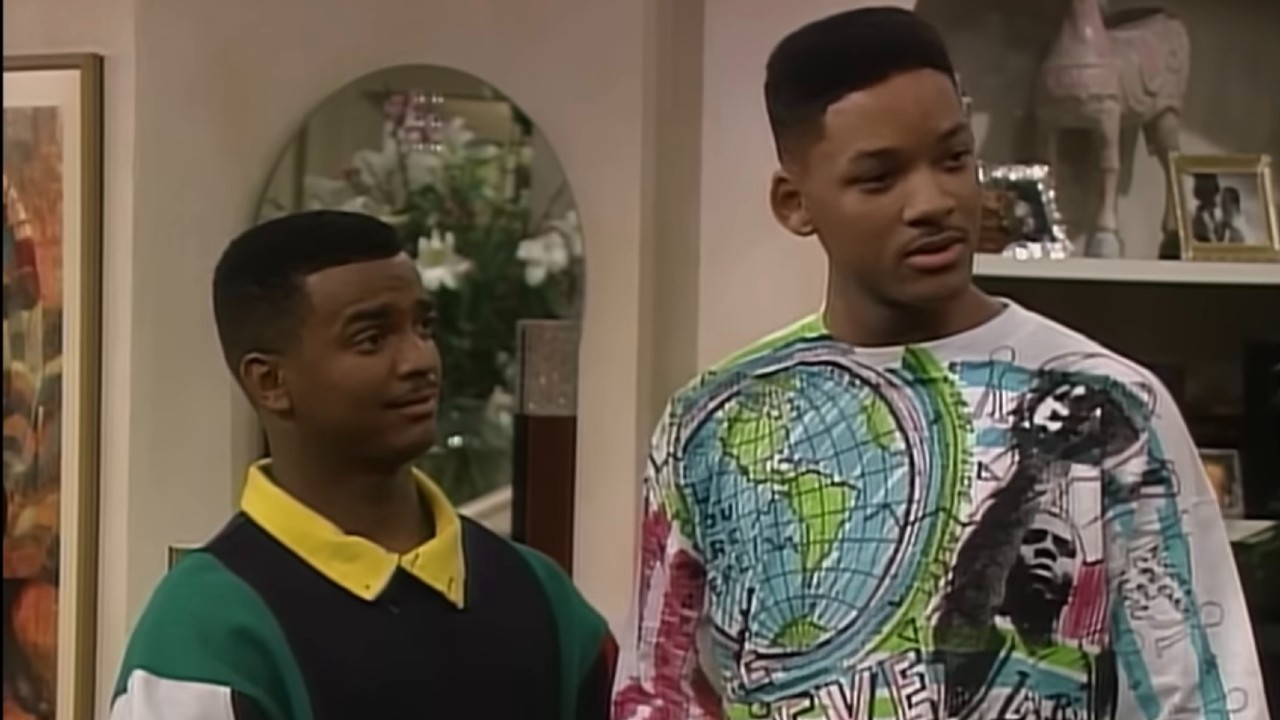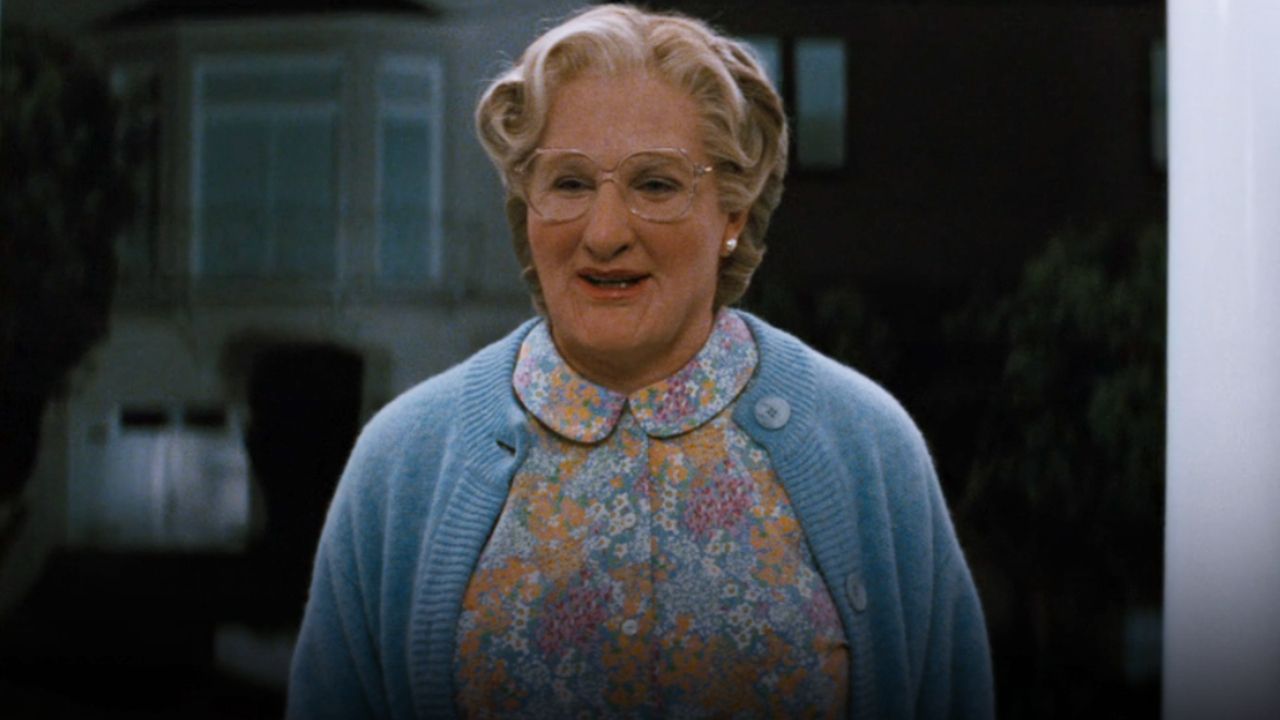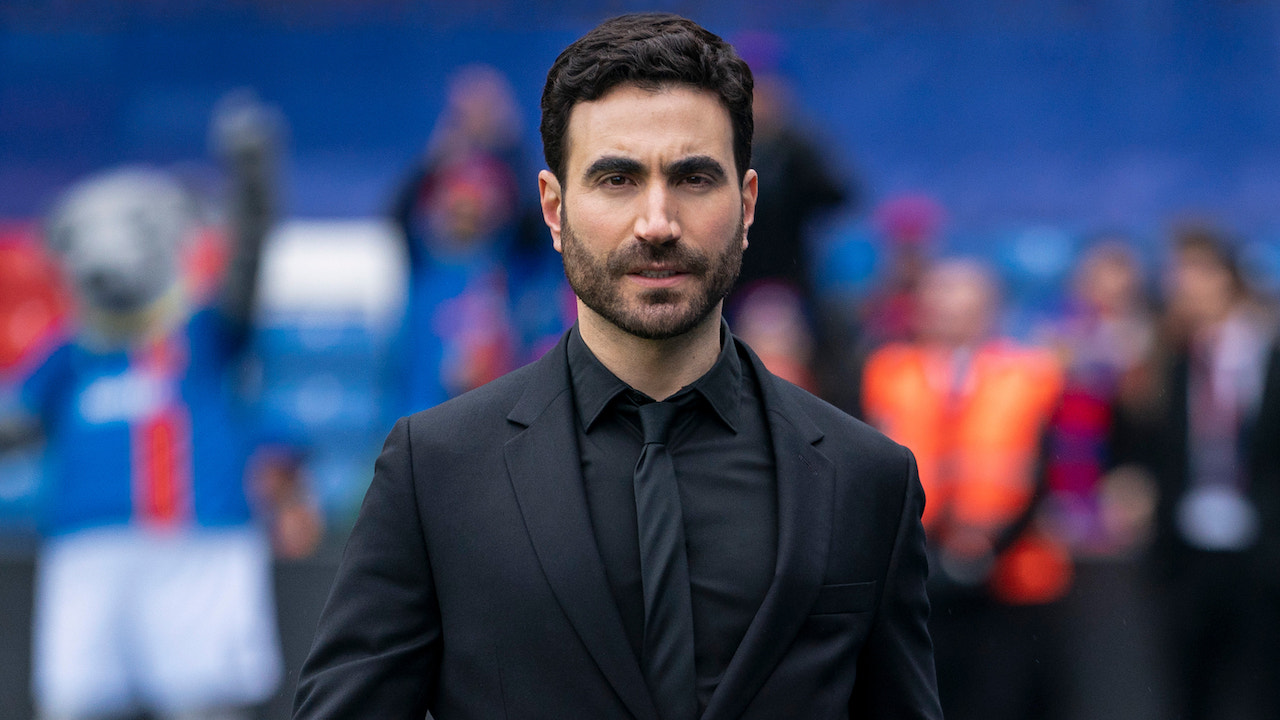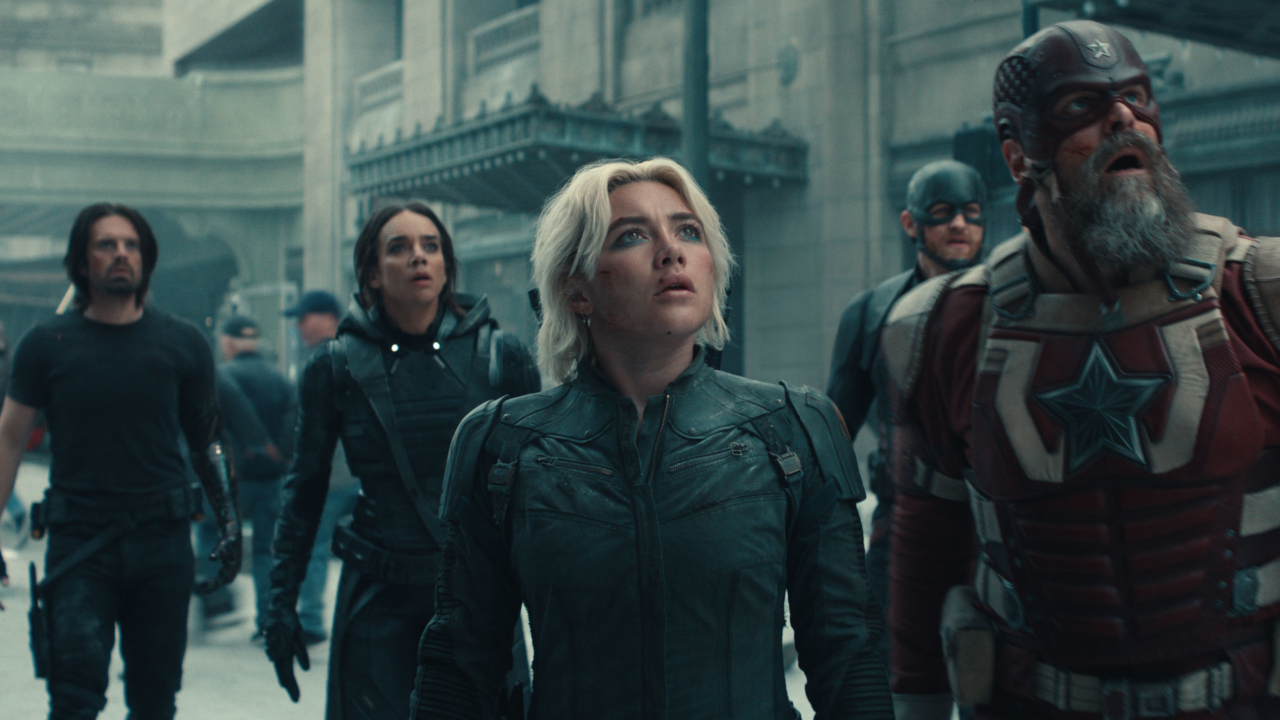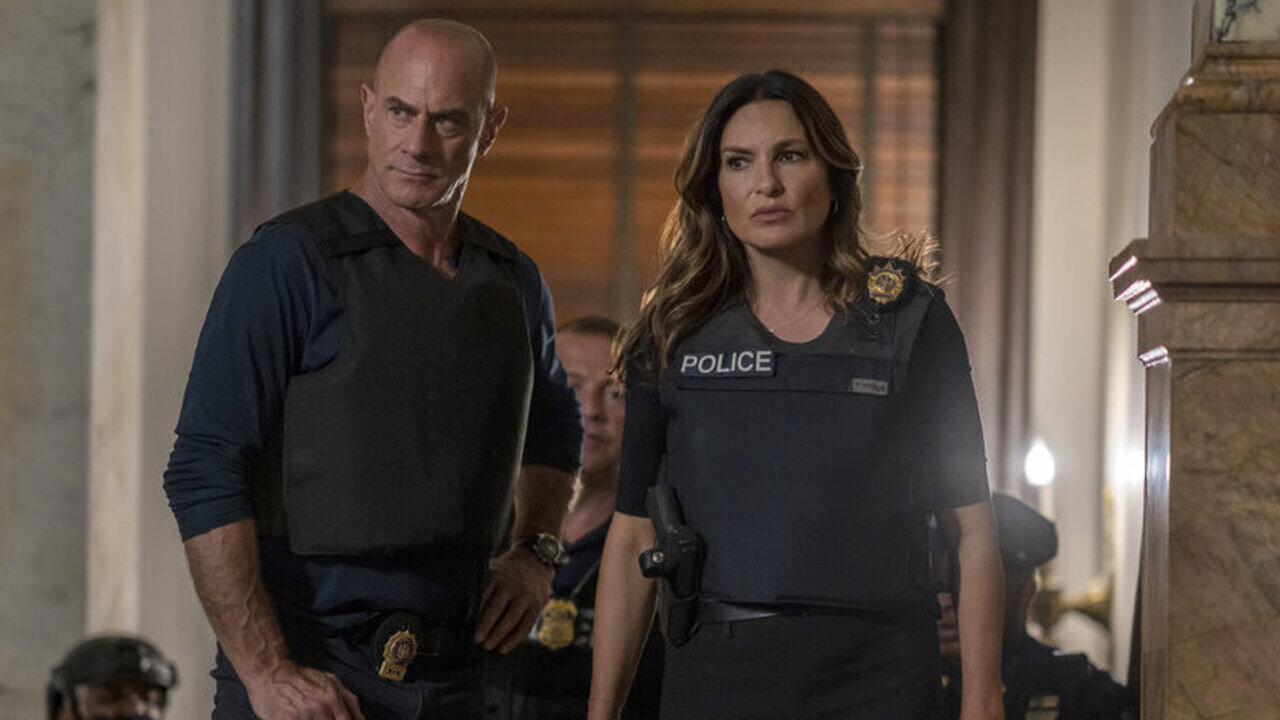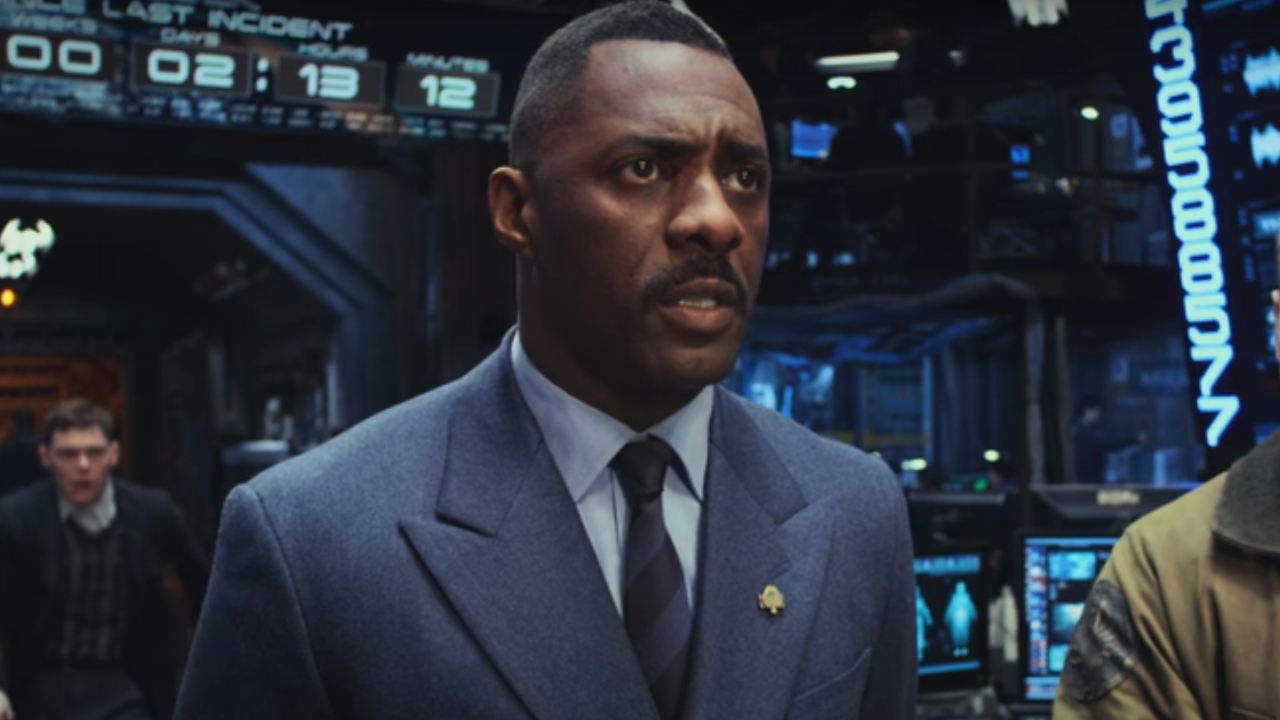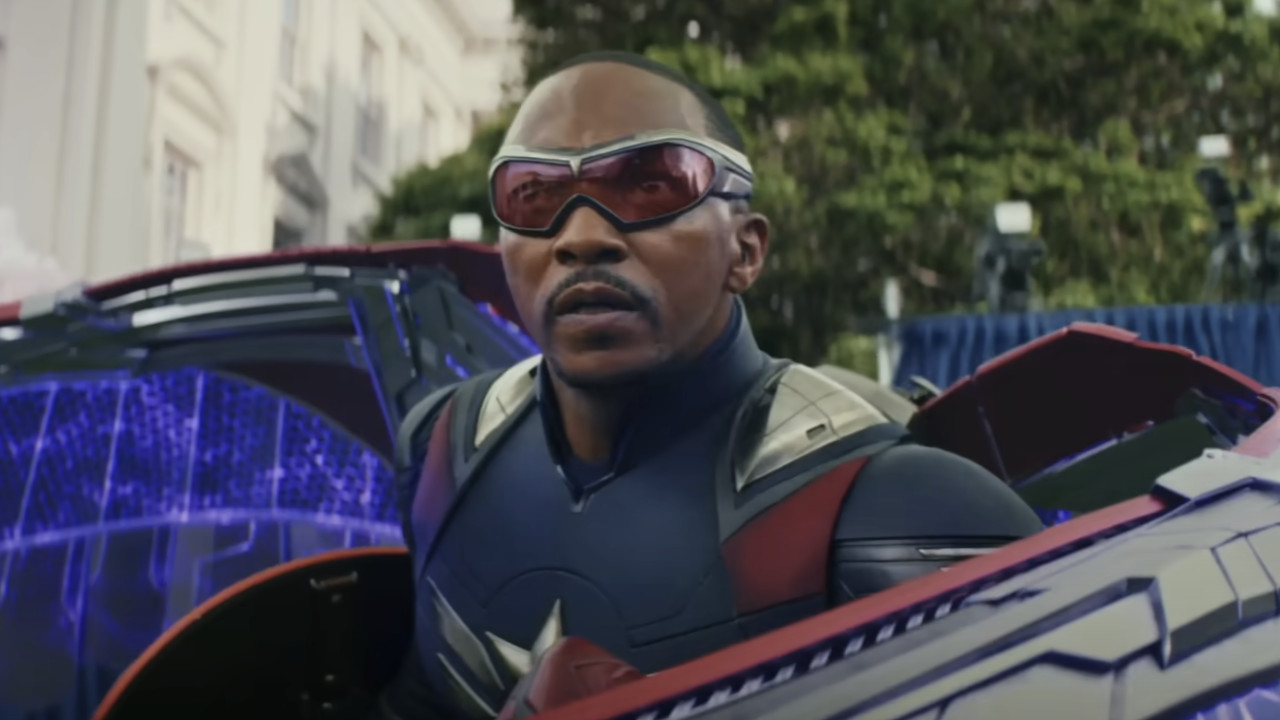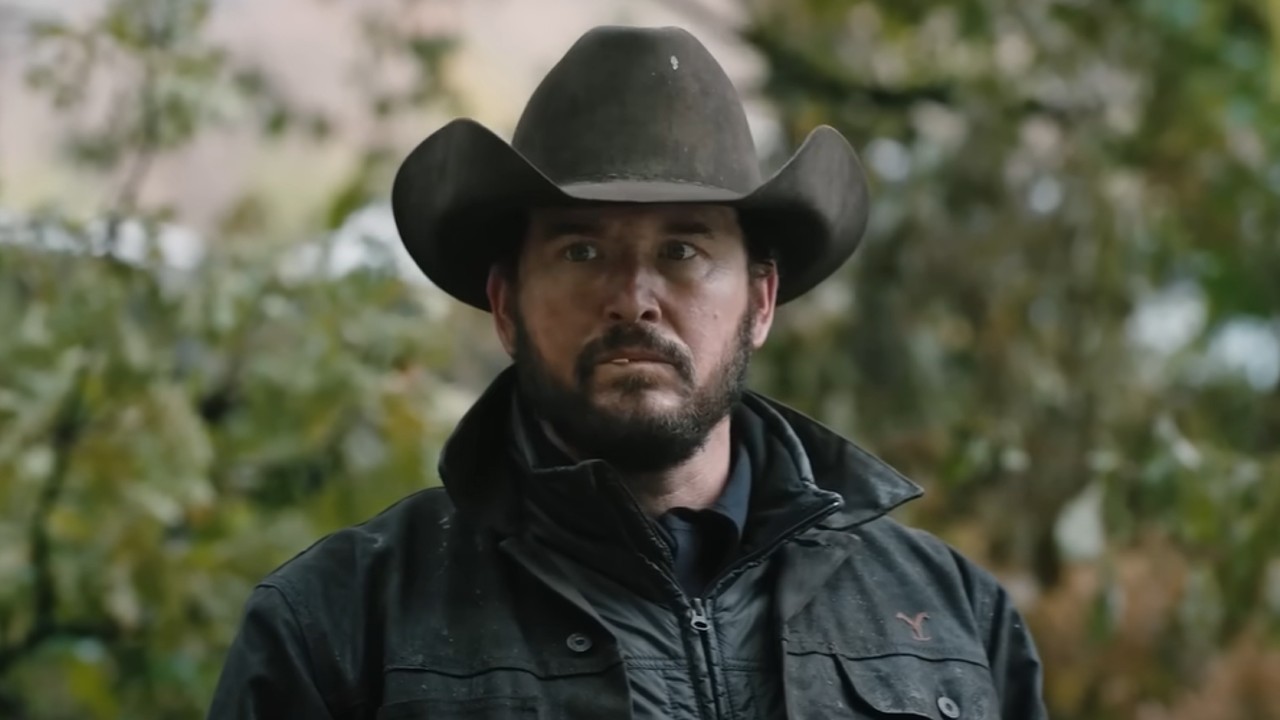Zack Snyder Pushes Back On The Idea That His Superman Was ‘Angry,’ And Explains His True Goal With DC’s Man Of Steel
This makes more sense.
When Zack Snyder took a chance at storytelling in the DC Films universe, his interpretation needed to be different than the movies that had come before his Man of Steel, specifically the gentle Richard Donner homage that was Bryan Singer’s Superman Returns. As Kevin Smith wisely pointed out, Superman (in the movie) makes it through the entire film without hardly ever throwing a punch. That’s a choice, for sure. So Snyder leaned hard in a different direction, embracing a more mature interpretation of the Man of Steel that tells the classic immigrant story of an alien in Kansas, but asking big philosophical questions about how humanity might react if and when they learned that an alien exists amongst them.
Needless to say, it gets dark and violent. And by the end of Man of Steel, Superman (Henry Cavill) and his adversary, General Zod (Michael Shannon), have battled to the death… leaving a trail of destruction in their wake. This led some to conclude that Snyder was trying to make Superman – normally a beacon of hope – into something more angry. But when posed with that theory following a Man of Steel screening in Pasadena, the director pushed back a bit and clarified:
My whole take on Superman is that, obviously my intention is not that Superman's angry. It's more that he is troubled by Earth, because Earth is problematic for him. And the whole idea of Superman in its iconographic form is that … the potential is that he doesn't have any problems, right? He's a God on Earth, and he can pretty much do whatever he wants. And there's nothing really we have – we don't have a lot to say about it. Which is Lex's problem with him. And by the way, Batman's problem with him. And so for Superman, the real work is to make him have problems, right? That's the work of Superman. Make him have, whether it be romantic issues, like he can't like get the girl to like him that he likes. Or whether it's moral conundrums about what his role is as far as interfering in the lives of humans or not. All of the issues that, you know, going against his father's wishes, and all of the stuff that we all, in some ways, experience on a small scale as humans. That's really the work of making the Superman movie relatable. Because otherwise, as you can imagine, you could really easily fall into a space where Superman, unless you're really efforting to contrive scenarios where he's doing things that are difficult … you want to be where he is, emotionally, having to grapple with his own humanity. And I think that was the goal of the movie.
How do you make a god “relatable”? It’s a complicated question every time any filmmaker takes a stab at Superman as a storytelling device. James Gunn will be the next one to approach this Superman conundrum when he brings his Superman: Legacy to the screen in 2025, part of a first chapter of DC movies that will establish a new universe for Warner Bros.
Though, as Snyder points out, both he and Gunn (and Singer and Donner) are just individuals in a long line of people who will get a chance to share the Superman mythology with fans over generations. As the Man of Steel director said:
We all know what's going to happen. There'll be another Superman and Batman origin film. And even in the one that's being talked about right now, they'll be one after that. It is a cyclical thing. It's like some sort of Matrix universe, where they all end up in The Architect's house and he tells them, ‘No, you're not the first one! You're like the 10,000th one!’ So, whatever. That's cool. I'm happy to be the third in the series of 1,000.
As fans at the SnyderCon event pointed out, to them, Snyder’s interpretation of Superman remains their favorite. We included Snyder’s comic-book work on our list of the 30th Best Superhero Movies to date, so start debating if we got it correct. And start thinking about where James Gunn’s Superman: Legacy might fall into those rankings, when it opens in theaters years from now.
CINEMABLEND NEWSLETTER
Your Daily Blend of Entertainment News

Sean O’Connell is a journalist and CinemaBlend’s Managing Editor. Having been with the site since 2011, Sean interviewed myriad directors, actors and producers, and created ReelBlend, which he proudly cohosts with Jake Hamilton and Kevin McCarthy. And he's the author of RELEASE THE SNYDER CUT, the Spider-Man history book WITH GREAT POWER, and an upcoming book about Bruce Willis.

